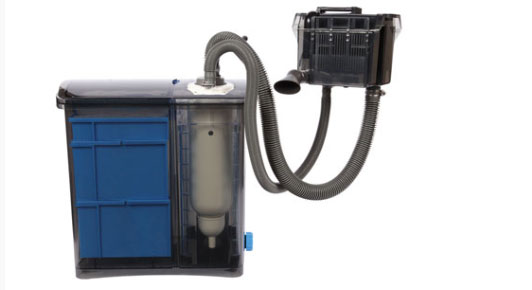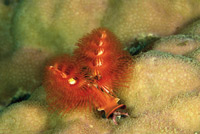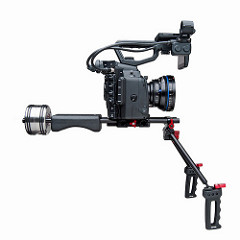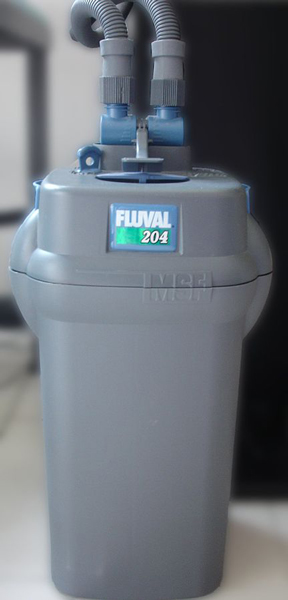It is normal for ponds to be plagued with waste or debris that naturally comes from fish, fish food, and etc. You should not fret every time you see your pond turns murky because it’s just a sign that your pond is active and normal. However, excess nutrients and debris in the pond water can have devastating effects that can lead to algae blooms.
Pond filter system helps sort out the toxic chemicals excreted by fish and produced by pond chemicals. If all those toxic chemicals get trapped in the pond, it can affect the health of the fish and lead to its death. A biological pond filter also helps maintain the health of the fish and the pond itself when used long term.
Which Pond Filter Should I Use?
The type of pond filter you should use must complement the size and the types of fish you have in your pond/s. If you own a small to medium sized garden pond that contains pond fish such as gold fish and small kois then you need not spend chunks on filtration system. However, if you have large fish pond teeming with fish, particularly koi, then you will need a biological filtration system to remove the excess waste that might clog the pond and trigger algae bloom.
How Pond Volume Affects the Biological Filter
You should know the volume of your pond to determine exactly the most appropriate type of biological filter to use. A biological pond filter is determined according to the pond volume they can handle, including the weight when stocking fish. Always choose a pond filter that can hold twice or thrice the volume of the fish, because the fish grow and become heavier. As koi, goldfish, and other species of pond fish grow, they produce more waste that can rapidly spread in the water, giving enough nutrients for the lurking algae. Adding more fish to the pond increases the bio filter’s workload. It is advisable to get a pond filter that is bigger (but not awkwardly big) enough to perform heavy workload. A combined UV and pond filter is also a good alternative if you want to save.
Combined UV and Pond Filtration System Gives the Following Advantages:
�The ultraviolet pond filter flushes out the toxins (ammonia and nitrates) that are excreted by fish and the rotting algae at the bottom of the pond. It is built to remove waste and toxins that clog the pond, following the principle of the Nitrogen cycle. The pond filter removes those unwanted toxins before it devastate the pond and the fish.
�It can eliminate the debris and particles that formed at the surface of the pond such as dead algae, vegetation, and etc. The filter traps the waste to the sponges or brushes using mechanical separation.
�The ultraviolet sterilizes can control the algae responsible for green water, parasites, and bacteria that may plague your garden pond. Algae bloom causes the annoying �pea soup effect� in your pond. The green water eventually spreads and envelops the entire pond that can pose serious threats, causing drop on oxygen levels and, worse, fish deaths.

 Aquarium Filtration Done Right
Today, keeping unique aquatic species is now commonplace tha
Aquarium Filtration Done Right
Today, keeping unique aquatic species is now commonplace tha
 Reefdoser Pro for iPad Ships
Reefdoser Pro for iPad Ships
 Aiptasia
Q. I have Aiptasia all over my aquarium and have been
Aiptasia
Q. I have Aiptasia all over my aquarium and have been
 Catch More Salmon - Follow These Simple To Implement Techniques
FLAT Rigs outriggers, shock cord snubber, and rigging kit i
Catch More Salmon - Follow These Simple To Implement Techniques
FLAT Rigs outriggers, shock cord snubber, and rigging kit i
 Canister Filters
In this article we will deal with a type of filter that many
Canister Filters
In this article we will deal with a type of filter that many